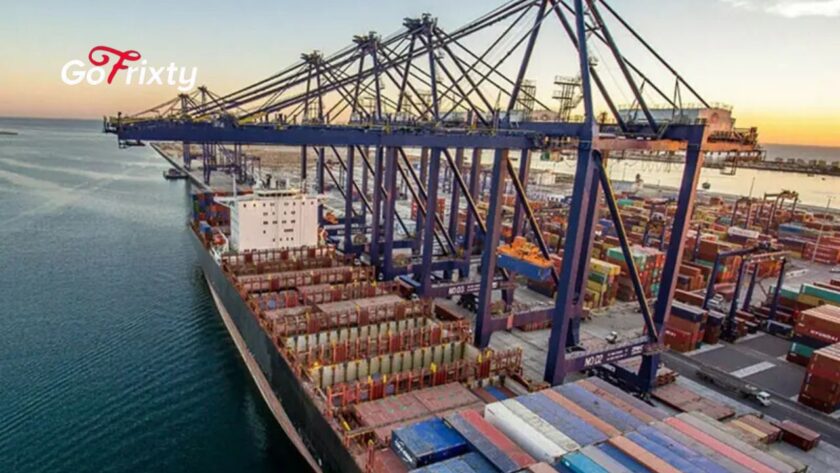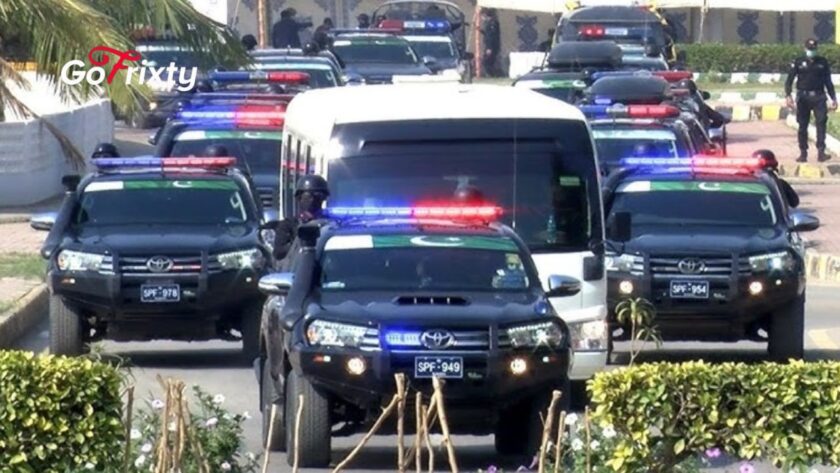The International Monetary Fund (IMF) announced on October 14, 2025 that a staff-level agreement had been reached between it and Pakistan’s government for both the second inspection of the country’s 37-month-long Extended Fund Facility (EFF) and the first inspection of the 28-month-long Resilience and Sustainability Facility (RSF).
The agreement, which comes after meetings in Karachi, Islamabad and Washington DC, awaits approval by the IMF Executive Board. If approved in full, then Pakistan will awarded around US$1.0 billion according to the EFF and US$200 million from RSF, meaning total disbursements will total US$3.3 billion on both facilities combined.
The EFF-supported program remains strong, stated the IMF. The government still committed to meeting fiscal constraints, helping flood sufferers; site shall keep inflation within the State Bank of Pakistan’s (SBP) target band, bring energy back to an economical track and carry out structural reforms. The climate reform programme run by the authorities, supported by the RSF, is also making progress. In particular recent flooding again brought to everyone’s attention the immediate need for this kind of reform to protect against climate-risk.
Economic recovery is on track for Pakistan. The current account showed a surplus during the year. The fiscal primary balance outclassed targets; inflation was kept in check, external reserves increased. The recent floods, however, hurt the outlook, partly because they hit nearly seven million people and caused heavy damage. This was hardest on the agriculture sector and had the predictable effect of lowering the projected GDP growth rate for FY26 to around 3.25-3.5 percent.




